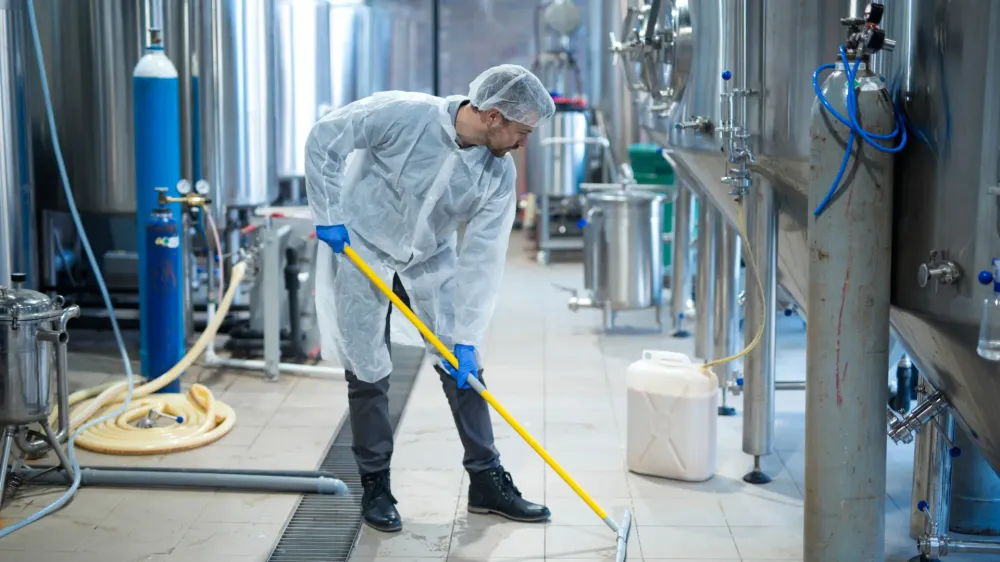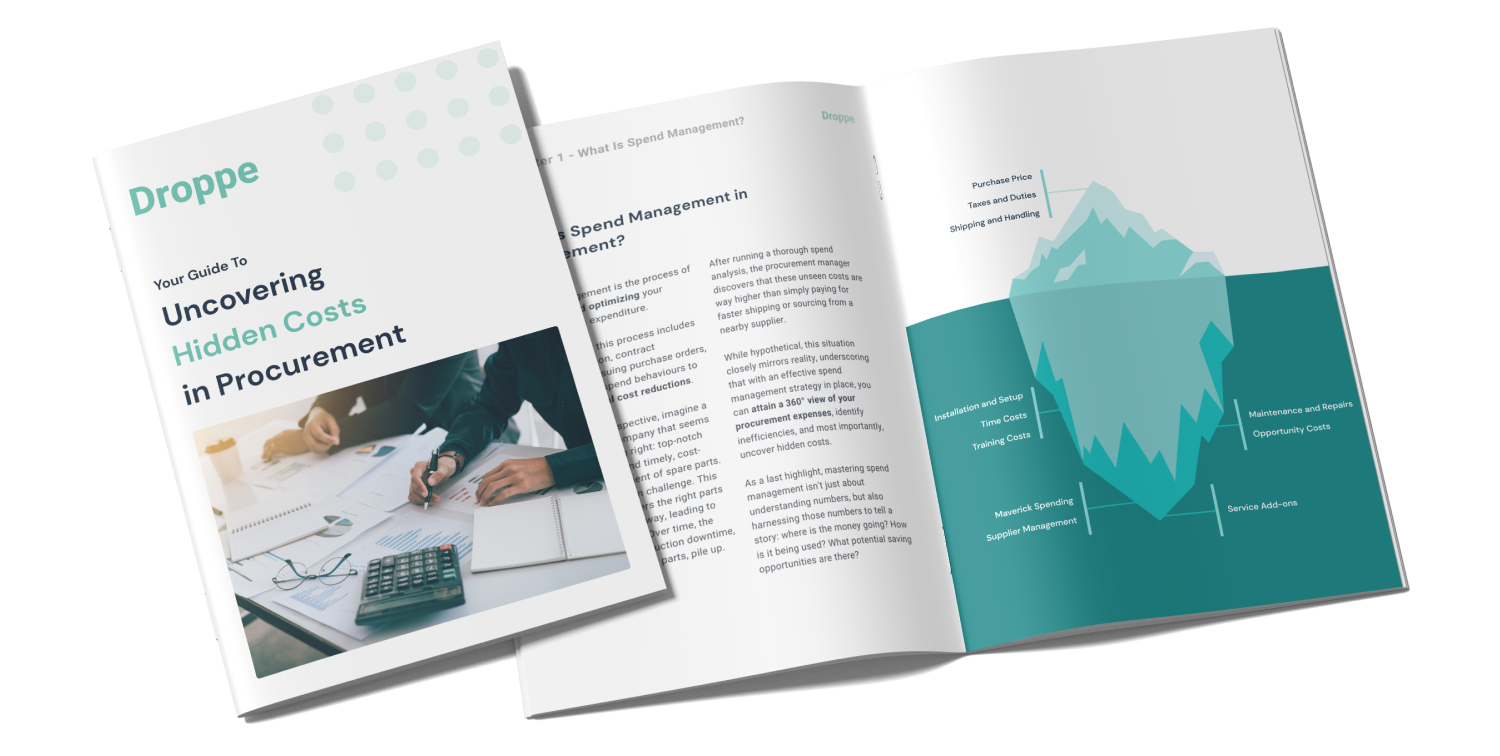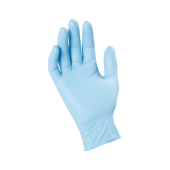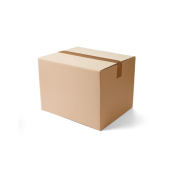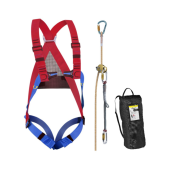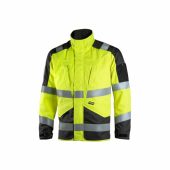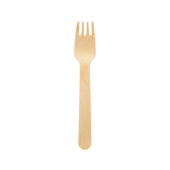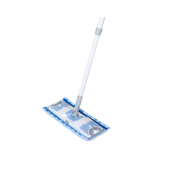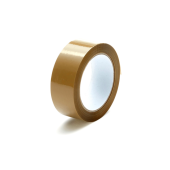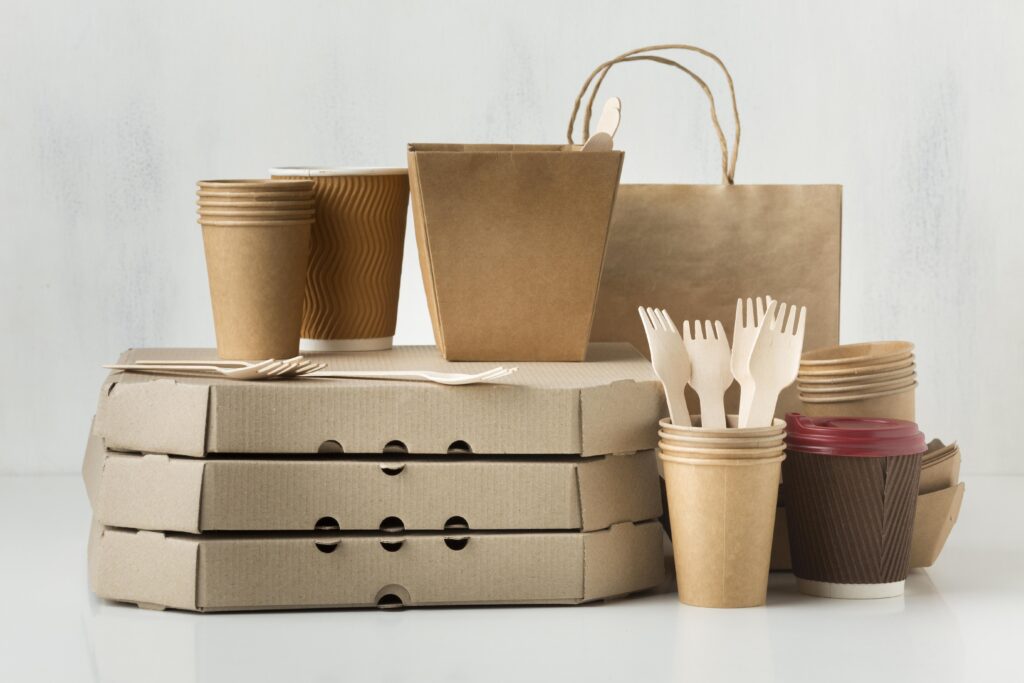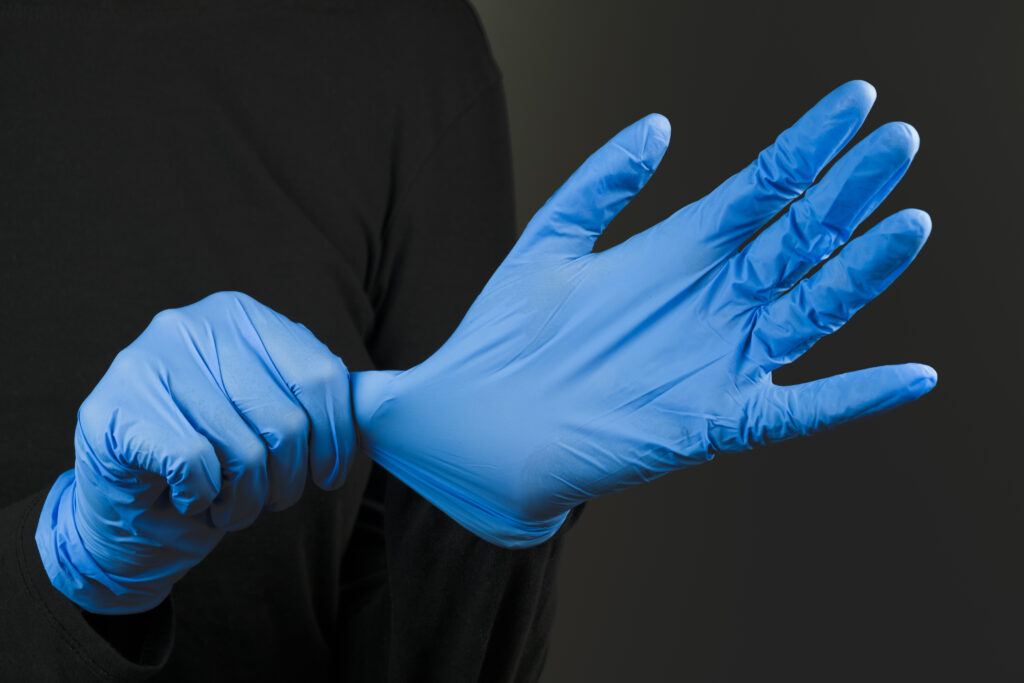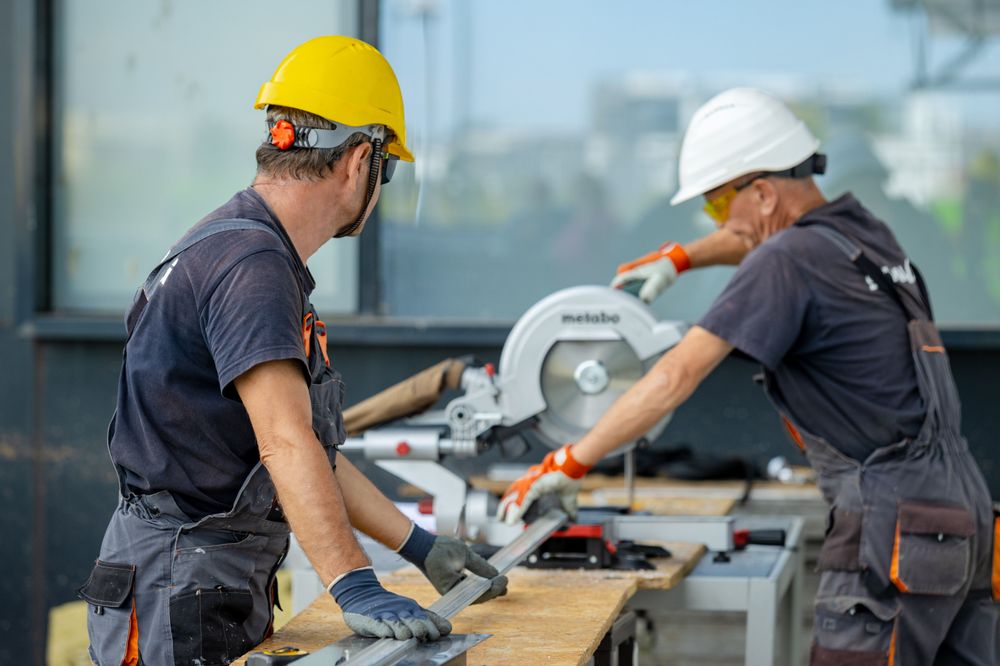Whether you’re running a professional cleaning business or you’re on the lookout for the best products to improve your industrial cleaning processes, having the right cleaning supplies is just as important as having the right skills and training.
And with industrial cleaning, there’s no such thing as one-size-fits-all. Different industries have their own set of priorities. For instance, in the food industry, sanitation and hygiene should be at the top of the list, while in the manufacturing industry, special attention should be given to safety and efficiency, to name a few.
Moreover, each and every single facility needs a tailored set of professional cleaning supplies based on the type of surfaces, stains, and health hazards.
So, with so many factors to consider and with so many options on the market, how can you choose the right cleaning products for your business without getting a headache in the process?
And most importantly: how can you get the best deals without compromising quality?
This short guide was created to help you make an informed decision and it will provide you with practical tips on how to identify the best cleaning supplies and equipment for your specific use case.
So, whether you’re just starting out or looking to upgrade your current inventory, this guide is for you! Ready? Here are the 5 key product categories we’re going to cover:
- Cleaning gloves
- Brushes and sponges
- Cloths and wipes
- Cleaners and disinfectants
- Personal protective equipment (PPE)

How to choose the best cleaning gloves
When it comes to choosing the perfect cleaning gloves for your use case, you can start by considering the following factors:
- Material: industrial cleaning often involves the use of harsh chemicals, and your cleaning gloves of choice must be made of a durable material that can withstand this type of cleaning solutions. The most popular choice for professional and industrial cleaners alike are latex and nitrile gloves. Latex gloves are a bit more flexible and comfortable (so they can be kept on for a longer time), while nitrile gloves are more durable and resistant to certain chemicals. Be mindful that latex can cause allergic reactions in some people, so we recommend you try out a free sample before proceeding to a large purchase!
- Size: after deciding the best material for your use case, you should be mindful of the size. This is crucial for your workers’ comfort (e.g. gloves shouldn’t be too tight), dexterity (gloves that are too small or large will restrict movement making it difficult to perform tasks), safety (poorly-fitting gloves will impact grip in case the workers have to handle cleaning machinery), and protection (gloves that are too small will leave skin exposed to harsh chemicals). So, always provide your workers with gloves that fit snugly but not too tightly. If you’re not sure the size is right, you can browse our glove catalogue and ask for free samples!
- Length and coverage: same as with size, it’s also crucial to consider the length of the cleaning gloves. Longer gloves can provide more protection for wrists and forearms but may be less comfortable and less flexible. Always consider the level of protection your workers need against harsh chemicals and the tasks they will be performing.
- Textured surface: will your workers handle heavy cleaning machinery? If so, opt for cleaning gloves with a textured surface, which can provide a better grip when using cleaning solutions or handling wet surfaces.
- Safety rating: always look for gloves from reputable manufacturers that have been tested and certified to meet industry standards for safety and quality (such as EN420, EN 388, and EN374, among others).
- Disposable vs. reusable: if your workers will be using gloves frequently and for a short period of time, disposable cleaning gloves are more convenient. On the other hand, if the gloves will be used less or for a longer period of time, reusable gloves may be a better option for your use case. Also consider the type of cleaning tasks that will be performed: if harsh chemicals are involved, disposable gloves are a better option as they can be discarded after a single use.

How to choose the best cleaning sponges and brushes
Choosing the right cleaning sponges and brushes is crucial for ensuring effective and efficient cleaning.
To identify the best-fitting option for your use case, start by answering the following questions:
- What surfaces will be cleaned? For instance, surfaces that are delicate or prone to scratches (e.g. painted walls, windows or hardwood floors), require the use of a brush or sponge with soft bristles. On the other hand, tougher surfaces such as concrete or steel can be scrubbed with a stiffer cleaning sponge or brush.
- What type of stains will be cleaned? If you are dealing with tough stains or grime a brush or sponge with stiffer bristles will be the best choice for you. Also, consider the level of contamination of the surface. For heavy-duty cleaning tasks with a high level of contamination, a stiff-bristled brush will be more effective. On the other hand, for lighter cleaning tasks or for surfaces that are only slightly dirty, a softer sponge or brush will suffice.
- What type of cleaning solutions will be used? It’s essential to choose sponges and brushes that are made of materials compatible with the cleaning solution (especially if acids or harsh chemicals are used).
- What are the best-fitting shapes for your surfaces? Some sponges and brushes are shaped so that they can be used for cleaning tight spaces and corners, others are designed for curved surfaces, while flat cleaning brushes and sponges are perfect for any type of linear surface.
- Disposable or reusable? Disposable brushes and sponges are convenient and easy to replace, but they can be more expensive in the long run. Reusable brushes and sponges are more cost-effective, but they may require more care and maintenance. You can check out our comprehensive catalogue of cleaning brushes and sponges, and if in doubt, get in touch with our experts!
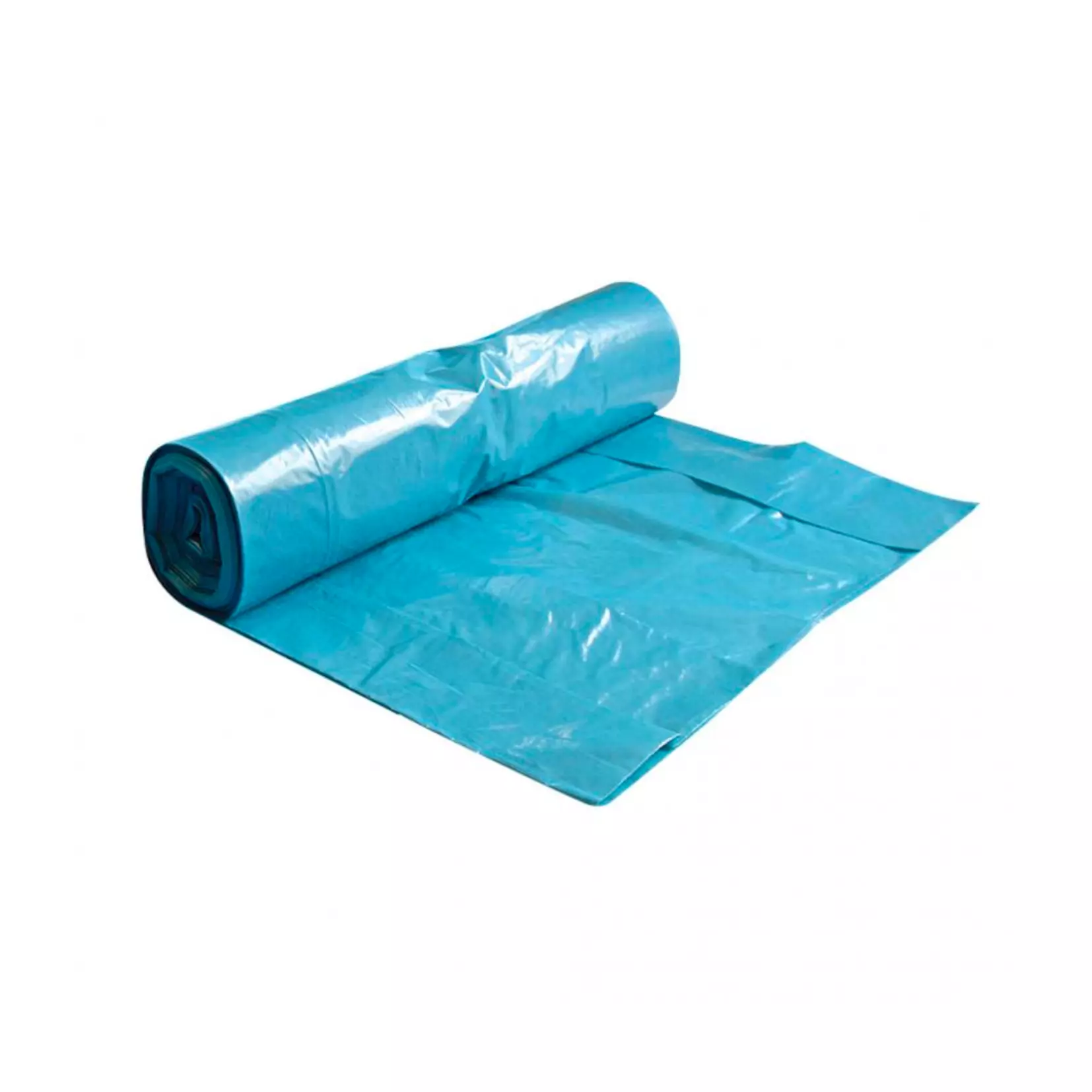
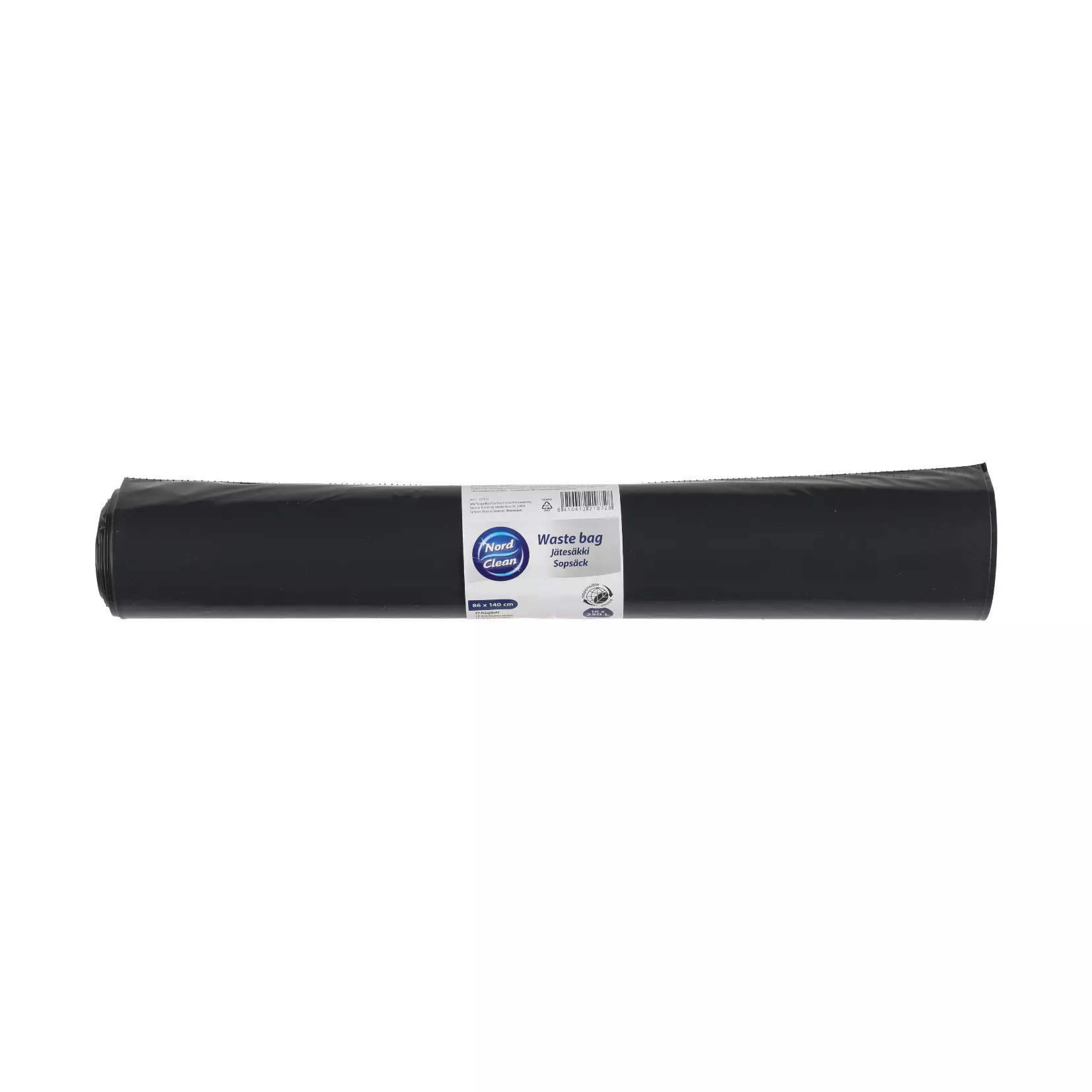
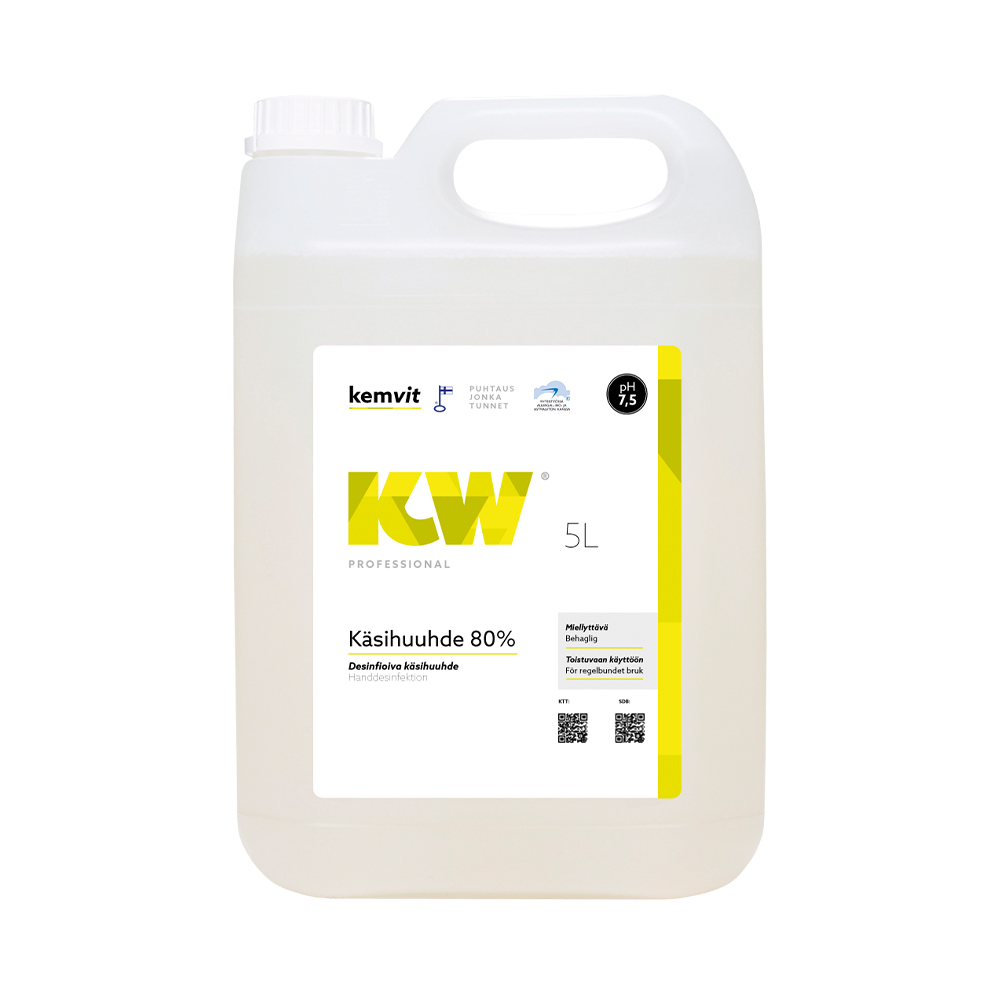
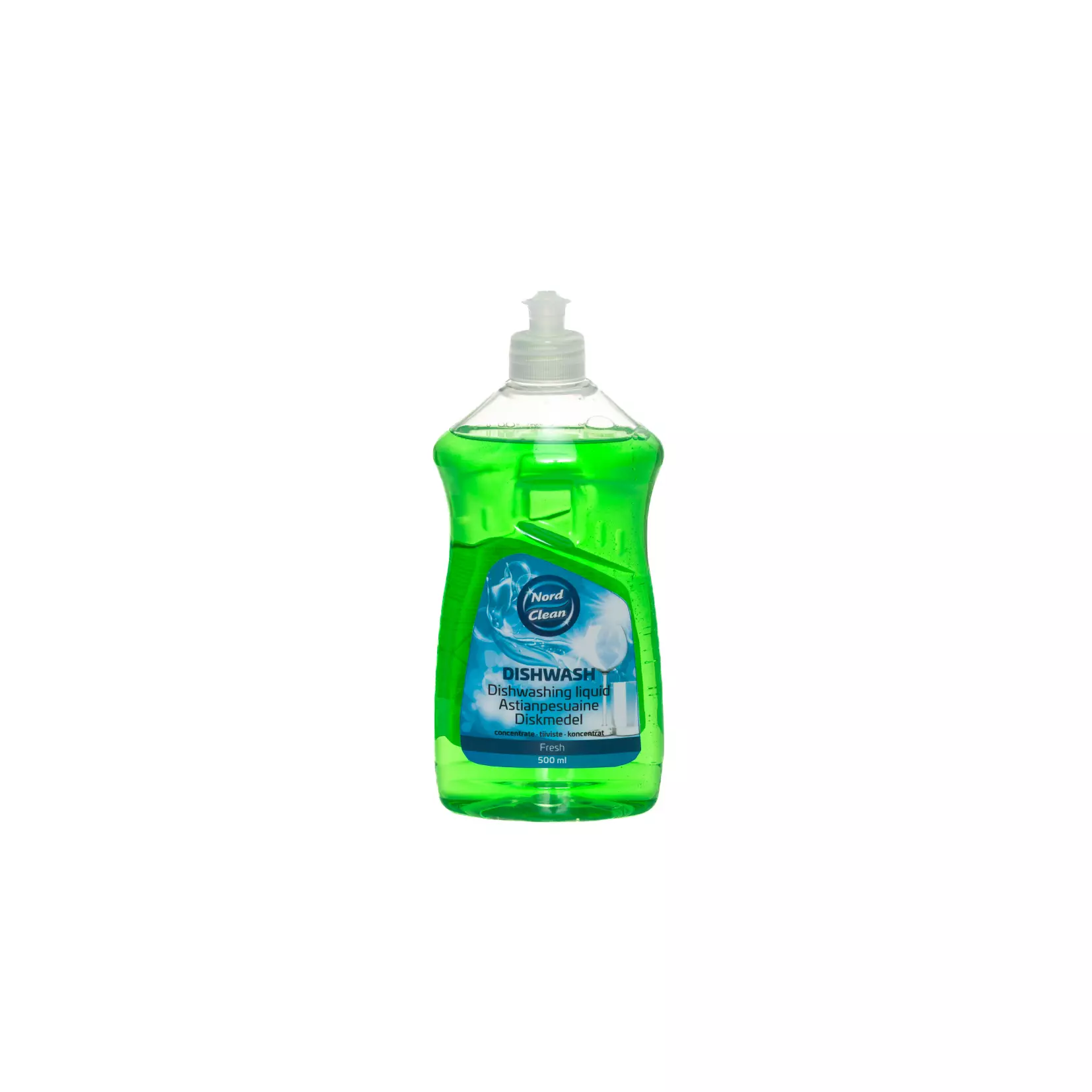
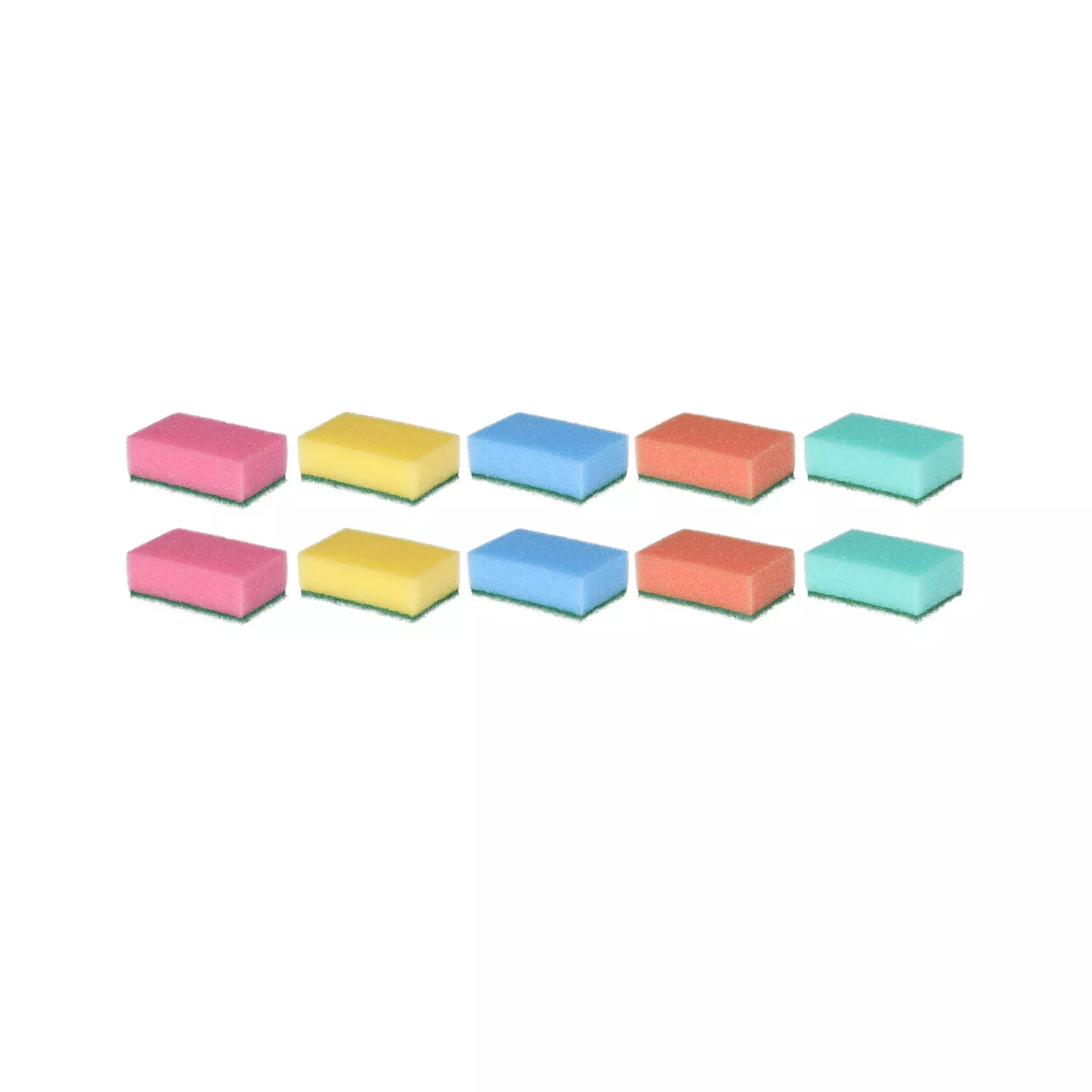
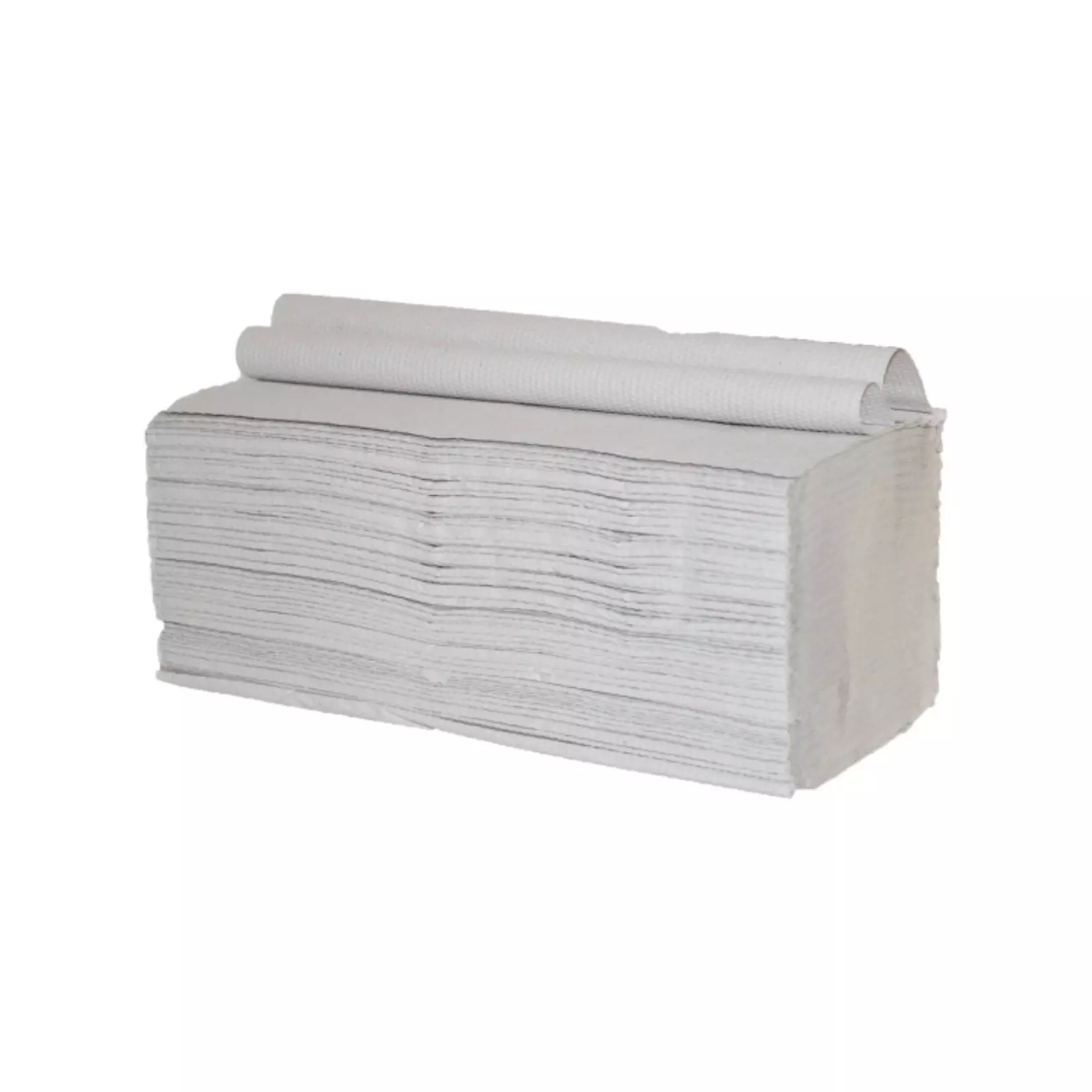
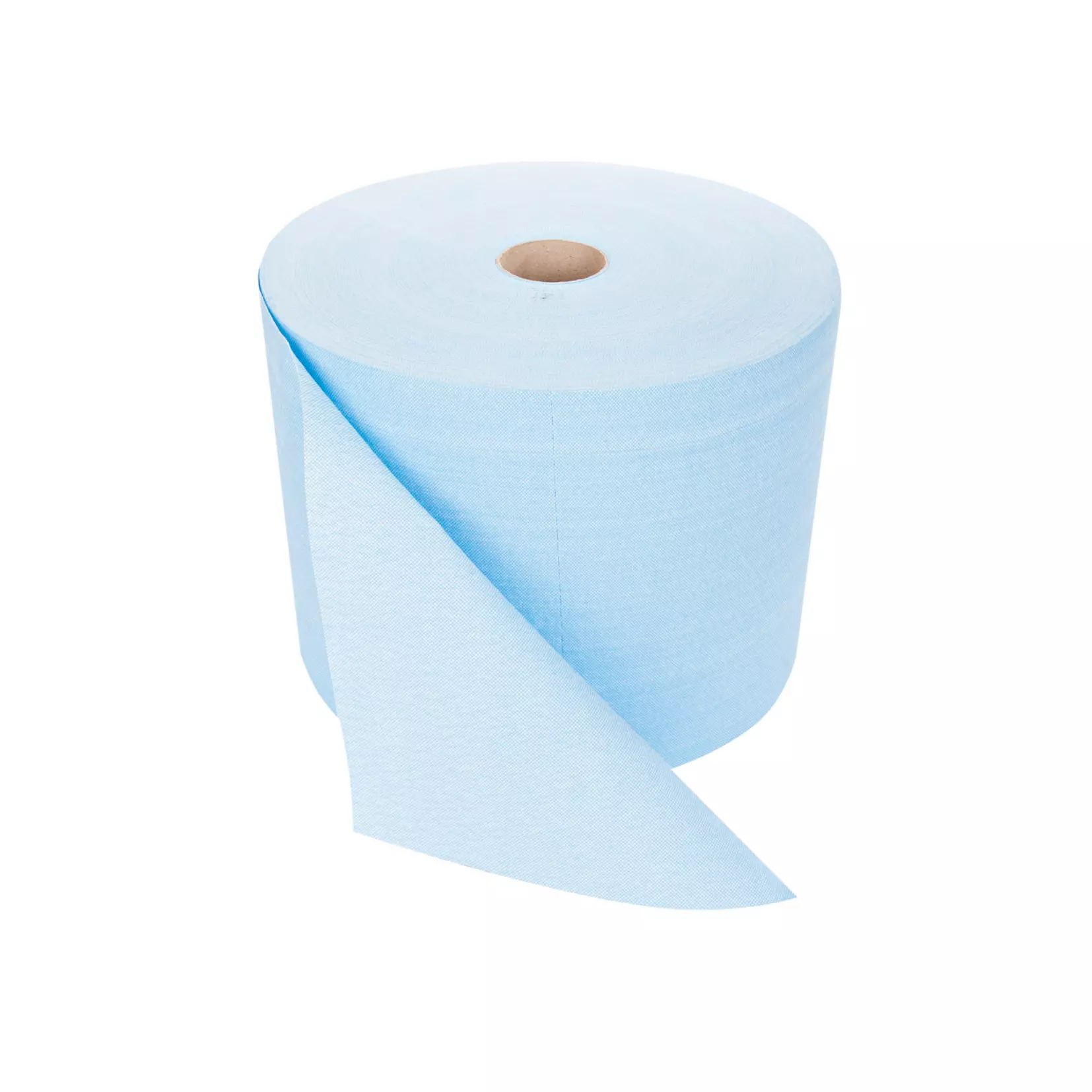
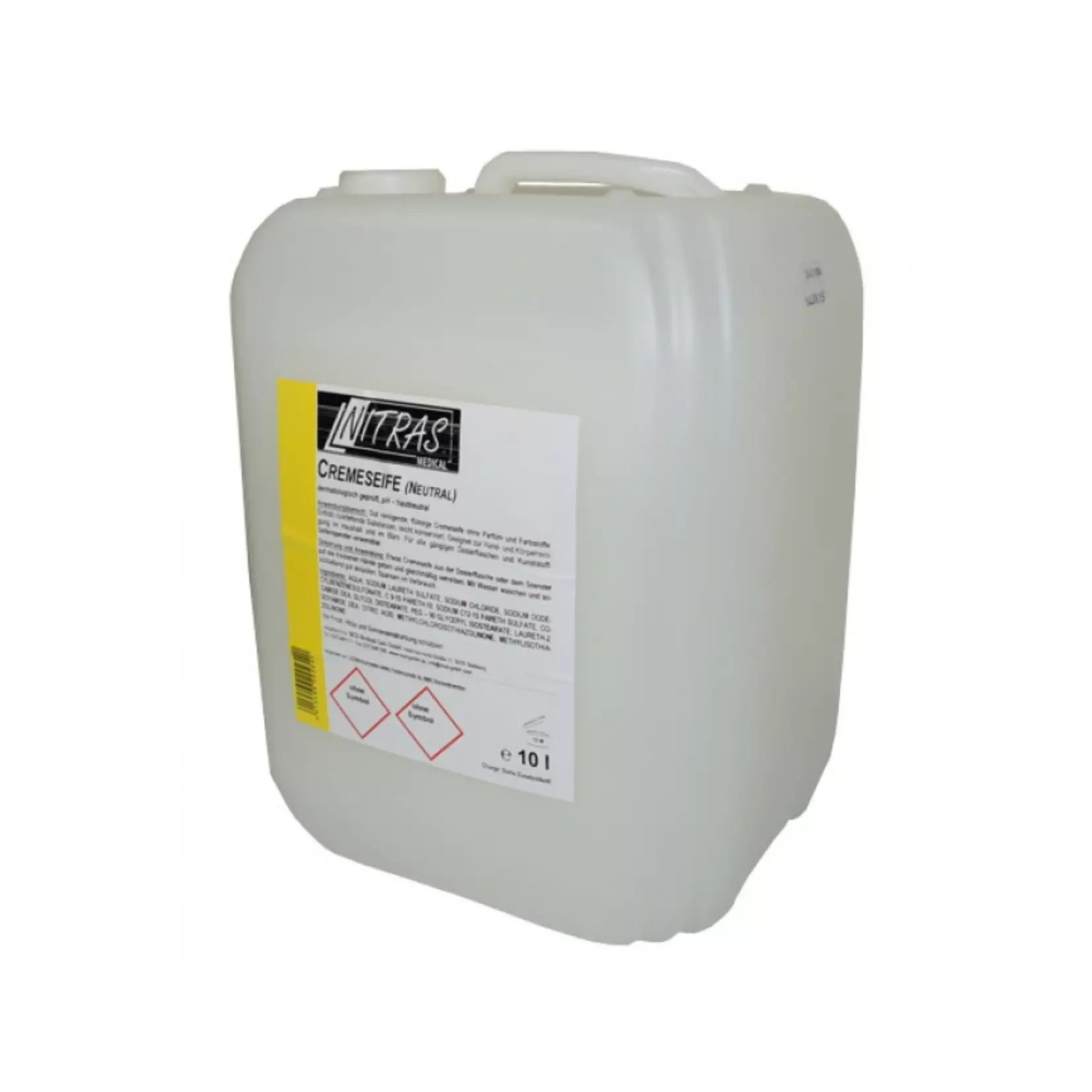
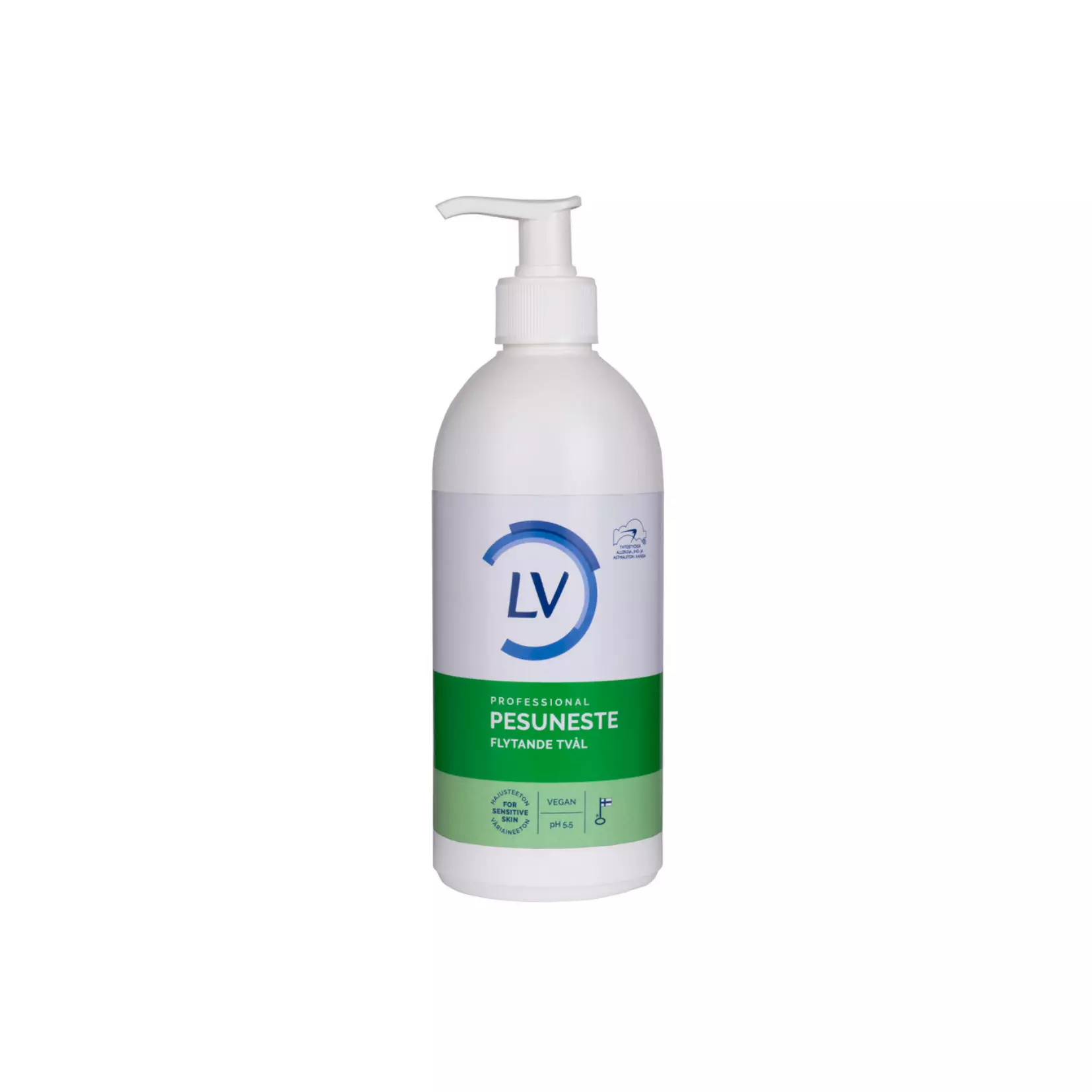
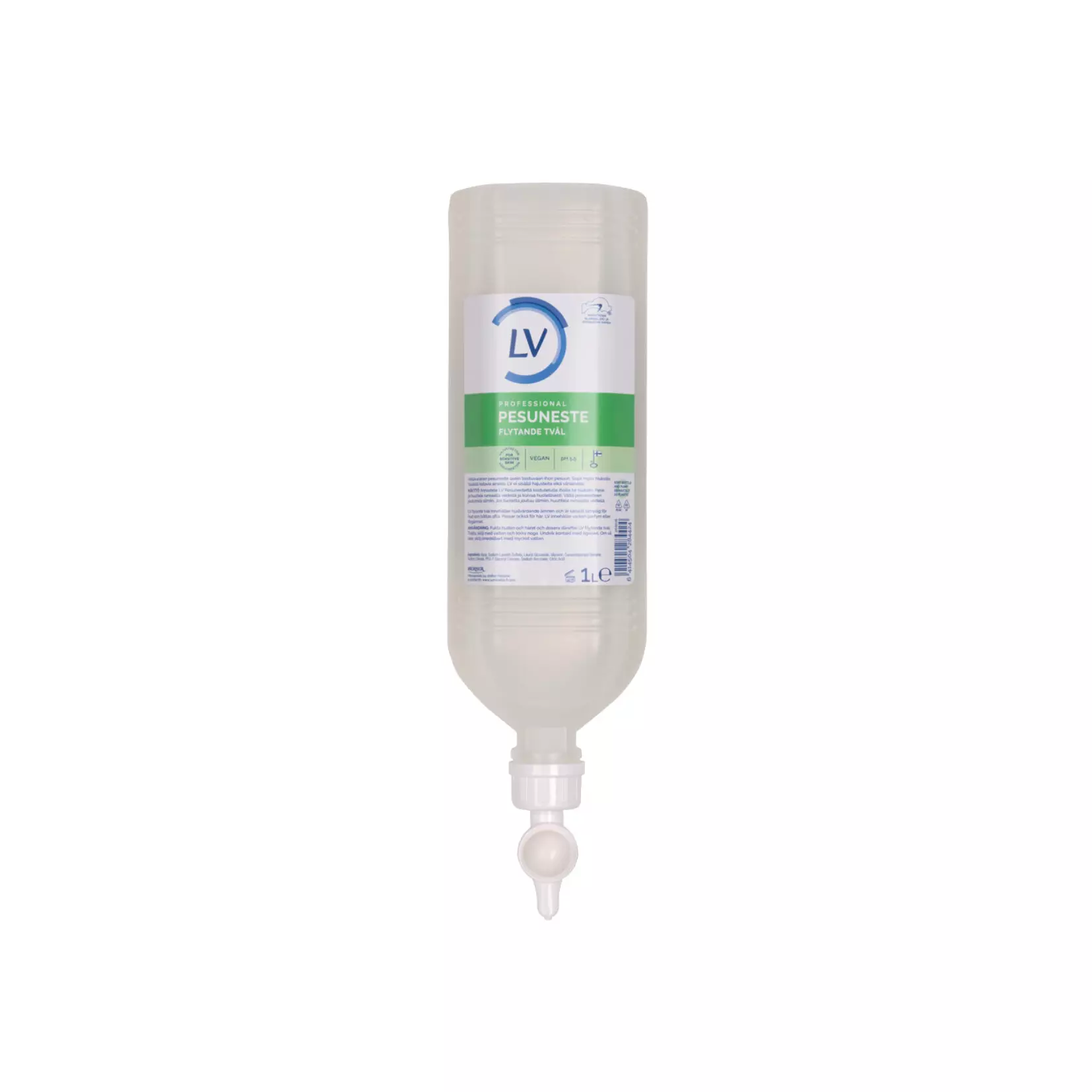
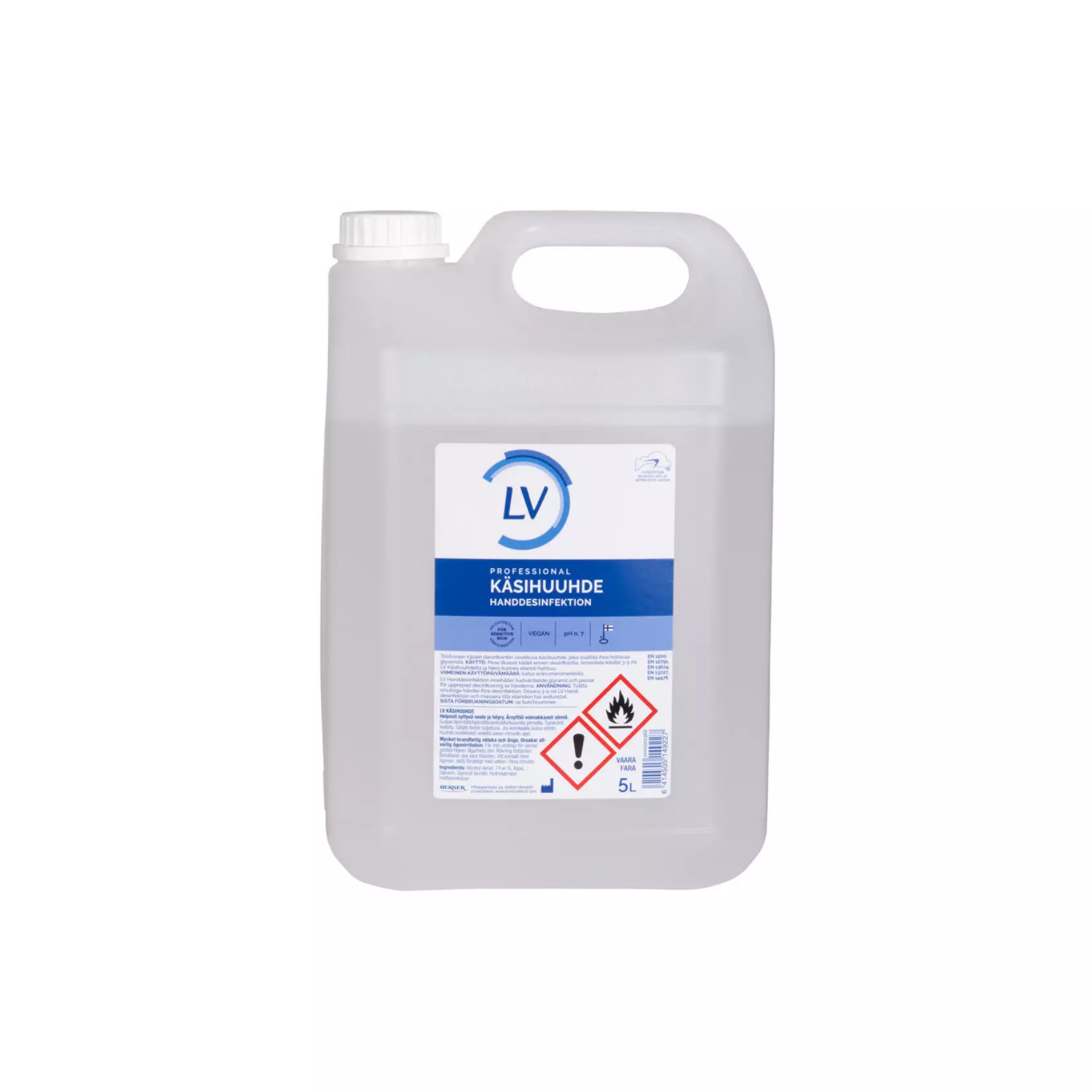
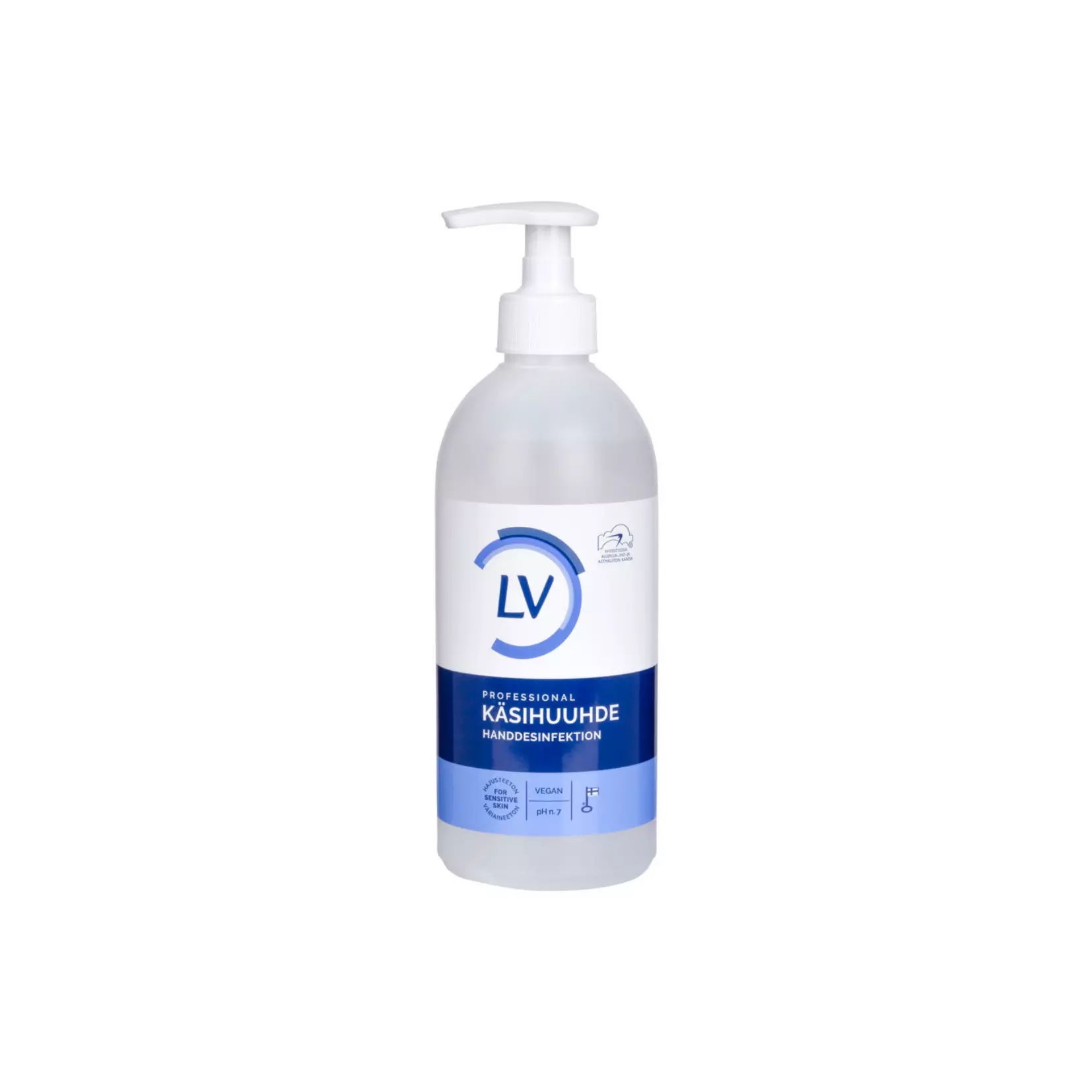



How to choose the best cleaning cloths and wipes
As with cleaning sponges and brushes, when choosing cloths and wipes for industrial cleaning, it’s important to start by considering the type of surface that will be cleaned, the cleaning solution that will be used, and the level of contamination.
Surfaces that are prone to scratches will require a cloth or wipe that is made of a soft, lint-free material such as microfiber. For scratch-resistant surfaces, especially if you’re dealing with tough stains, you can opt for a cloth or wipe that is made of a more durable material such as terry cloth.
For heavy-duty cleaning tasks with a high level of contamination, a stronger, more absorbent cloth or wipe may be more effective. On the other hand, for lighter cleaning tasks or for surfaces that are only slightly dirty, a softer, less absorbent cloth or wipe may be more appropriate. Check out our complete catalogue of cleaning cloths and wipes and find your new favourite products!

How to choose the best cleaners and disinfectants
Choosing the right industrial cleaners and disinfectants at a competitive price can be a challenging endeavour, but it is important to ensure the safety and effectiveness of the cleaning process while keeping your spending low.
First, determine what type of cleaning will be performed. Will you need a specialized cleaner or will a general cleaner suffice?
Next, consider the type of surface that will be cleaned, as different surfaces have different cleaning needs. For example, some surfaces may require an acidic cleaner while others may need an alkaline cleaner. So, how do you know which one to choose?
Acidic cleaners are often used on industrial surfaces made of metal (e.g. steel and aluminium), as well as surfaces that are coated with mineral deposits (e.g. hard water stains or rust). Acidic cleaners are also suitable for cleaning surfaces of concrete and masonry. On the other hand, alkaline cleaners are the best option for industrial surfaces that are heavily soiled or greasy, such as those found in food processing facilities, manufacturing plants, and automotive repair shops. Alkaline cleaners are suitable for surfaces made of metal, plastic, ceramics and glass. Plus, they can also be used to clean floors and walls, as well as equipment and machinery. Since alkaline cleaners are also effective in removing oils, fats, and grease, they’re also ideal for cleaning kitchen equipment, ovens and fryers.
Whether you’re on the lookout for acidic or alkaline cleaners or both, certified industrial cleaners and disinfectants can be pricy, so make sure to compare all options before you commit to a large purchase.
Quality can’t be compromised, so it’s important to find a balance between cost and effectiveness. You can browse our catalogue and get in touch with our experts!
Lastly, it’s important to choose products that are effective at killing germs and viruses, especially in healthcare or food processing facilities. And be mindful! If your cleaning products of choice can be harmful to people, make sure to provide your workers with the appropriate personal protective equipment (PPE). This leads us to the last section.
How to choose the best personal protective equipment (PPE) for professional cleaners
The right personal protective equipment (PPE) like masks, goggles and protective clothing will help ensure the safety of your cleaning staff.
When choosing the right personal protective equipment, the first item to consider is gloves, which we have covered in the first section of this guide. Let’s now walk through other types of PPE and let’s see how you can choose the best option:
- Face masks: protective face masks should always be used when cleaners deal with areas that contain harmful particles or chemicals. As with gloves, the mask should be of a fitting size, but also consider what type of contaminants your workers will get in contact with, as different masks are designed to filter out specific contaminants present in industrial cleaning environments. Check our full catalogue of protective face masks, and don’t forget to ask for a free sample.
- Safety goggles: eye protection is essential for protecting industrial cleaners’ eyes from irritation or injuries, especially when cleaning with chemicals or working in areas full of dust or debris. So, based on your facility, choose safety goggles that can protect against chemicals, that are impact resistant (so they can shield against debris), or have other properties such as ventilation or UV protection. Check out our full selection of safety goggles.
- Protective clothing: protective coveralls are front and centre when industrial cleaners are exposed to harsh chemicals and acids, as well as bacteria or viruses, or other hazardous substances like lead paint and dust from construction sites and manufacturing plants. Again, your choice should be based on what type of contaminants your cleaners will have to handle, check our full catalogue and if in doubt, get in touch with our experts.
- Protective footwear: industrial cleaners walk on slippery floors, move around heavy machinery, and at times, get exposed to harmful chemicals. That’s why foot protection should never be neglected. You can opt for slip-resistant safety shoes, and based on your facility consider other properties like protective shoes with steel or composite toes, or protective shoes made with chemical-resistant materials. Check out our full catalogue.

Conclusion
All in all, having the right cleaning supplies for professional and industrial cleaning is essential for the success of your business.
There are 5 key cleaning product categories you need to consider before making an informed decision:
- Cleaning gloves
- Sponges and brushes
- Cloths and wipes
- Cleaners and disinfectants
- Personal protective equipment (PPE)
Before proceeding to a large purchase it’s always important to consider the type of cleaning, the type of surface, the size of protective gears, the use case of the product, and of course – the costs.
By taking these factors into account, you can ensure that the cleaning process will be safe, effective, and economical.
We hope this short guide has provided you with valuable information and tips on how to choose the best products for your business and we invite you to check out our comprehensive catalogue.
And remember! Don’t hesitate to reach out to us if you have any questions or if you want to request a free sample to make sure the product is the right fit!
